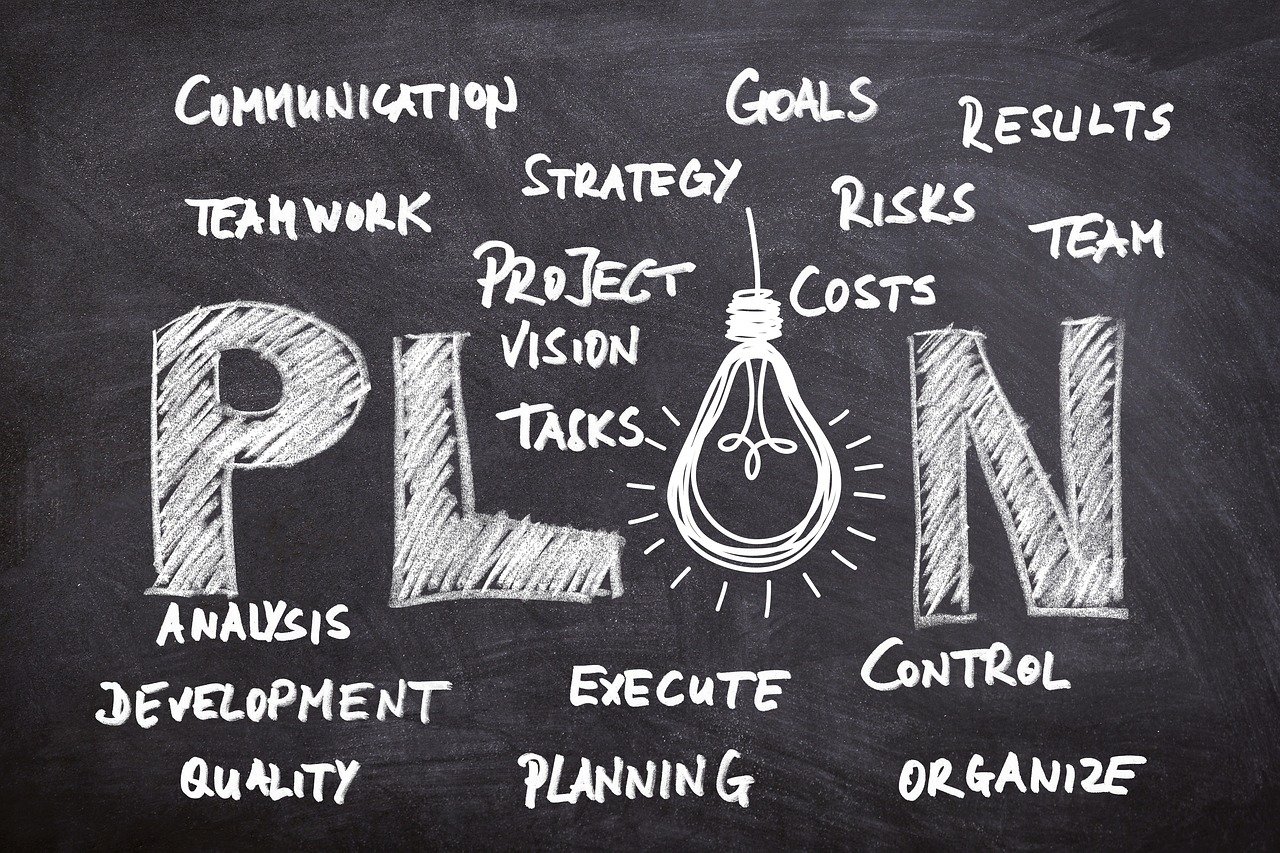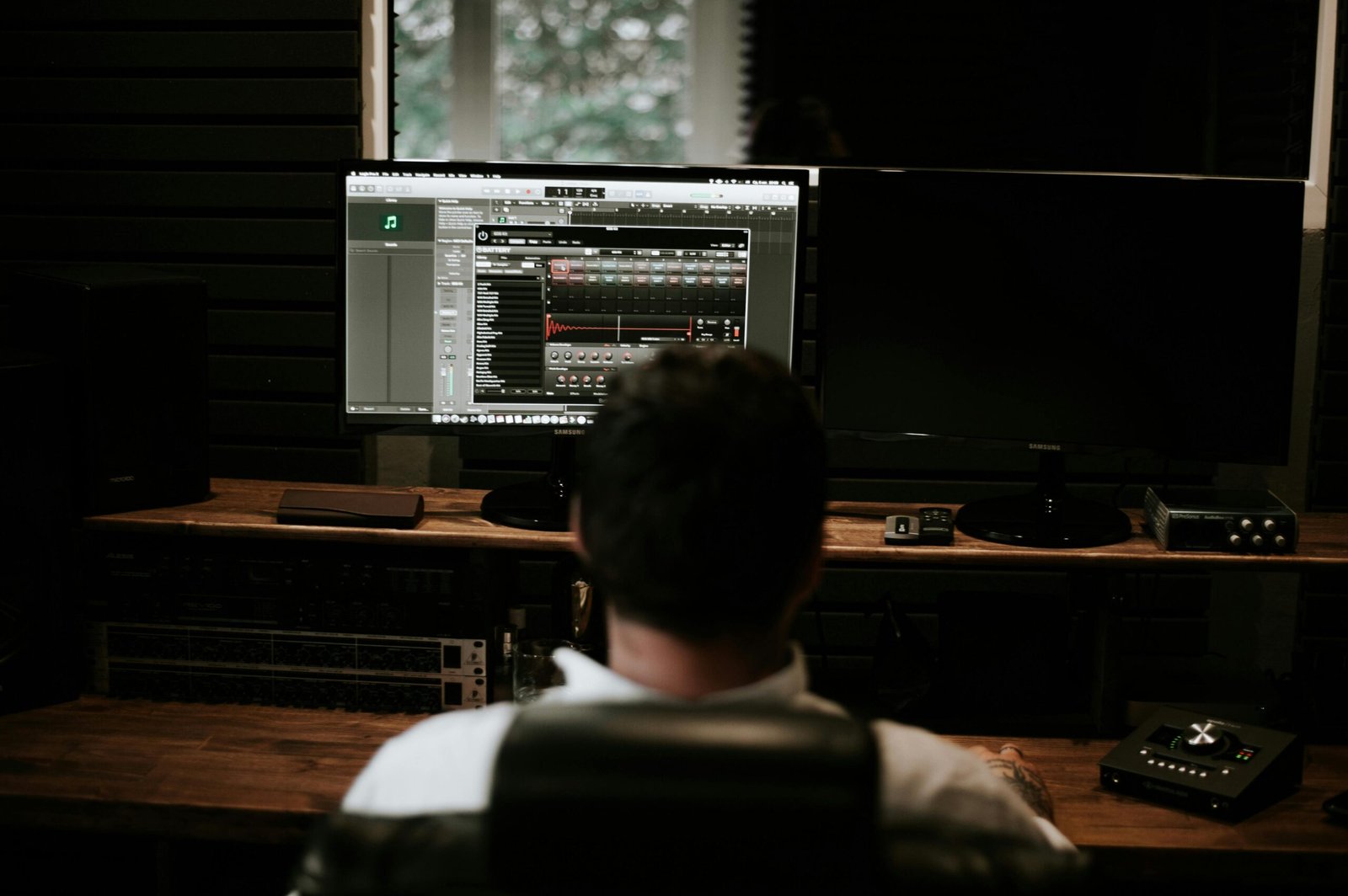Corporate Video Production Company in Durban: How We Stand Out As a top-notch corporate…
The Critical Importance of Pre-Production Planning: Ensuring Filmmaking Success
Lights, camera, action! But wait—before we get to the action, there’s a crucial phase that sets the stage for everything to follow pre-production planning. Often overlooked by novice filmmakers, this initial phase is the backbone of a successful film. Let’s dive into why pre-production planning is so essential and how it impacts the entire filmmaking process.
Understanding Pre-Production Planning
Pre-production planning is the initial phase of the filmmaking process where all the groundwork is laid. It involves everything from concept development to the finalization of scripts, budgeting, and scheduling. This phase sets the blueprint for the entire production and ensures that everyone involved is on the same page.
Benefits of Effective Pre-Production Planning
Time Management
Good planning saves time. By outlining every step-in advance, filmmakers can avoid last-minute rushes and costly delays. With a detailed plan, the production team knows what needs to be done and when, leading to a smoother workflow.
Cost Efficiency
Pre-production helps in creating a realistic budget. By anticipating expenses and allocating funds appropriately, filmmakers can avoid overspending. Effective planning also allows for better resource management, ensuring that the production stays within budget.
Creative Clarity
Having a clear plan allows for a cohesive vision. It ensures that the creative direction is consistent throughout the production. Storyboarding and shot lists, for example, help visualize the film and align the team’s efforts towards a common goal.

Steps Involved in Pre-Production Planning
Concept Development
Every great film starts with a unique idea. This phase involves brainstorming and developing the concept into a workable script. The concept sets the tone and direction of the film.
Scriptwriting
Once the concept is clear, the next step is scriptwriting. A well-written script serves as a roadmap for the entire production. It outlines the dialogues, actions, and sequences that will be filmed.
Budgeting
Creating a detailed budget is crucial. This involves estimating costs for various aspects of production, including salaries, equipment, locations, and post-production. A well-planned budget helps in managing resources efficiently.
Assembling the Team
Choosing the Director and Producer
The director and producer are the driving forces behind a film. Selecting the right individuals for these roles is critical, as they will shape the creative and logistical aspects of the production.
Casting Actors
Casting is more than just finding people who fit the roles; it’s about finding chemistry. Good casting can make or break a film. It’s essential to conduct auditions and screen tests to find the perfect match for each character.
Hiring the Crew
A film is a collaborative effort, requiring a skilled crew. This includes cinematographers, sound engineers, editors, and more. Each member plays a vital role in bringing the film to life.

Location Scouting and Set Design
Importance of Choosing the Right Location
The location sets the backdrop for the film’s story. It needs to align with the script and enhance the narrative. Scouting for the perfect location involves considering factors like accessibility, cost, and suitability for the film’s scenes.
Set Design and Construction
Once locations are selected, the next step is designing and constructing sets. This involves creating environments that support the story. Effective set design can transport audiences into the film’s world, making the story more immersive.
Creating a Shooting Schedule
Importance of a Detailed Schedule
A shooting schedule is a timeline that outlines when and where each scene will be filmed. It ensures that all resources are used efficiently and helps in coordinating the efforts of the cast and crew.
Tools for Scheduling
Various tools and software are available to assist in creating detailed shooting schedules. These tools help in managing time and resources, ensuring that the production stays on track.

Storyboarding and Shot Lists
Visualizing the Film
Storyboarding is the process of creating visual representations of scenes. It helps in planning the shots and sequences, making it easier for the director and crew to understand the vision.
How to Create Effective Storyboards and Shot Lists
Effective storyboards are clear and detailed, showing the composition, movement, and transitions of each scene. Shot lists complement storyboards by listing the specific shots needed for each scene, ensuring that nothing is missed during filming.
Securing Equipment and Technology
Essential Equipment for Filming
From cameras and lights to sound equipment and props, securing the right tools is crucial for production quality. Investing in high-quality equipment can significantly enhance the film’s overall look and feel.
Latest Technology Trends
Staying updated with the latest technology trends can give filmmakers an edge. Innovations like drones, 4K cameras, and virtual reality tools offer new possibilities for creative storytelling.

Rehearsals and Blocking
Importance of Rehearsals
Rehearsals allow actors to practice their roles and get comfortable with their characters. It also helps in identifying any potential issues with the script or scenes before filming begins.
Techniques for Effective Blocking
Blocking involves planning the movements and positioning of actors within a scene. Effective blocking ensures that scenes are visually appealing, and that actors’ performances are natural and engaging.
Legal and Administrative Preparations
Contracts and Agreements
Legal preparations involve drafting contracts and agreements with the cast, crew, and vendors. This ensures that everyone’s rights and responsibilities are clearly defined, preventing any legal disputes.
Permits and Licenses
Filming often requires various permits and licenses, especially when using public locations. Securing these in advance is essential to avoid any legal hassles during production.
Risk Management and Safety Planning
Identifying Potential Risks
Every production comes with its own set of risks. Identifying these early on helps in creating strategies to mitigate them. This includes assessing physical risks on set and planning for emergencies.
Implementing Safety Measures
Safety should be a top priority. This involves creating a safe working environment, providing necessary safety gear, and ensuring that all team members are trained in emergency procedures.

Marketing and Promotion Planning
Early Marketing Strategies
Marketing should begin during pre-production. Creating a buzz early on can build anticipation and attract potential audiences. This includes social media campaigns, teaser trailers, and press releases.
Building Anticipation
Engaging with the audience through behind-the-scenes content and updates can build excitement. Keeping the audience informed and involved helps in creating a loyal fan base even before the film is released.
Common Challenges in Pre-Production
Budget Constraints
Sticking to the budget can be challenging. Unexpected costs often arise, requiring flexibility and careful management to keep the production on track.
Creative Differences
Differences in creative vision can lead to conflicts. Open communication and collaboration are key to resolving these issues and ensuring that the film’s vision is realized.

Conclusion
Pre-production planning is the foundation of a successful film. It involves meticulous planning and coordination to ensure that everything runs smoothly. By investing time and effort into this phase, filmmakers can avoid potential pitfalls and create a cohesive and compelling story. So, the next time you think about skipping pre-production, remember that a well-planned production is a successful one.
FAQs
What is pre-production in filmmaking?
Pre-production is the initial phase of the filmmaking process where planning and preparation take place. It includes activities like scriptwriting, budgeting, scheduling, and assembling the team.
How long does pre-production typically take?
The duration of pre-production varies depending on the project’s complexity. It can range from a few weeks to several months.
What are the most critical aspects of pre-production?
Key aspects include scriptwriting, budgeting, casting, location scouting, and creating a shooting schedule. Each of these elements plays a vital role in ensuring a smooth production process.
Can pre-production planning affect the final film quality?
Absolutely. Effective pre-production planning ensures that the creative vision is clear, resources are managed efficiently, and potential issues are addressed beforehand, all of which contribute to the film’s overall quality.
What tools are essential for pre-production planning?
Essential tools include scheduling software, budgeting tools, scriptwriting software, and storyboard apps. These tools help in organizing and managing various aspects of pre-production.




